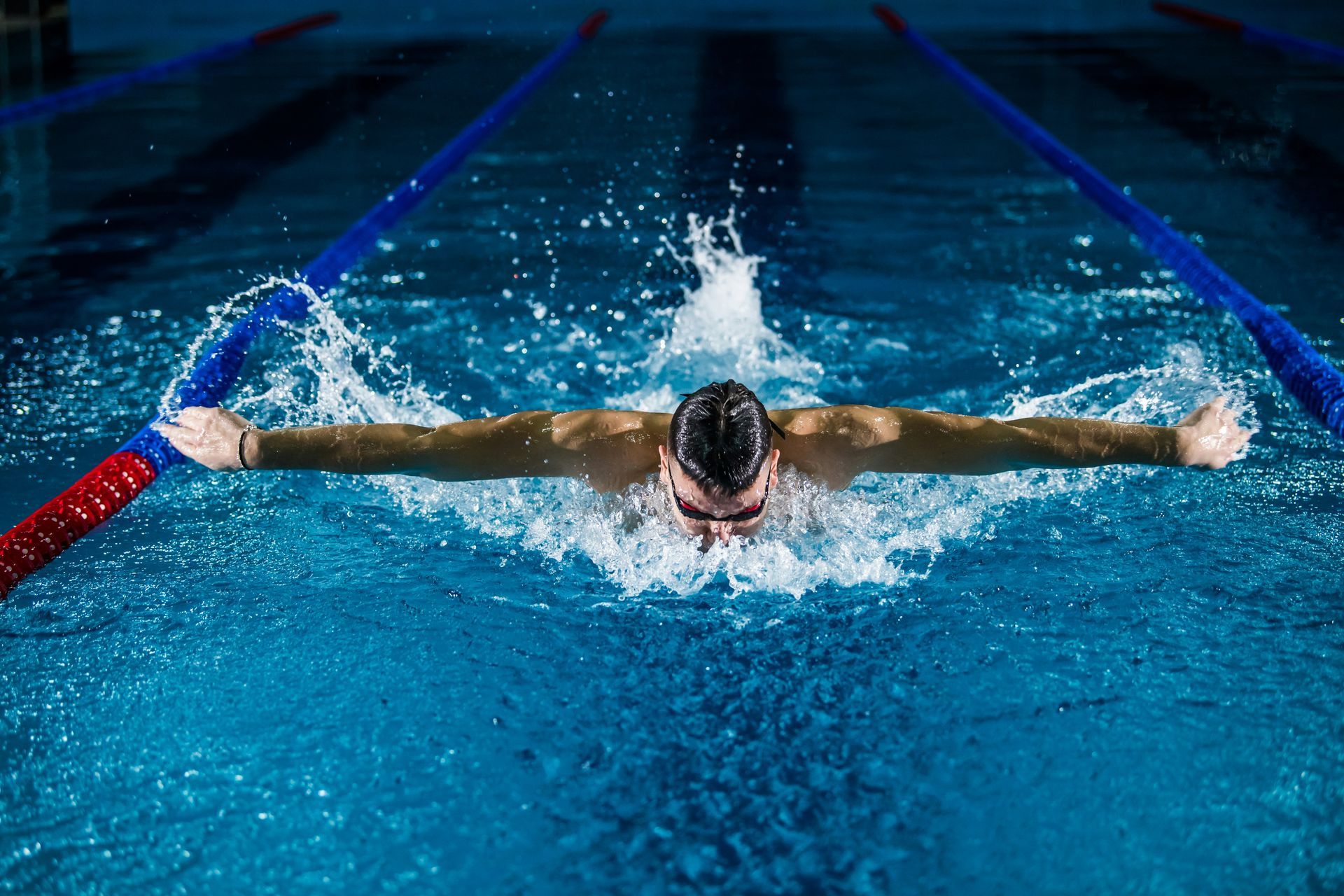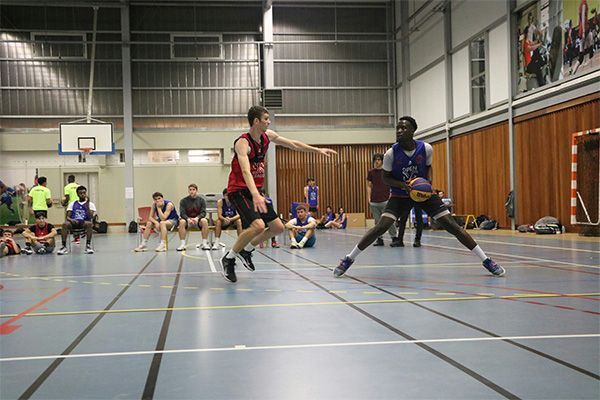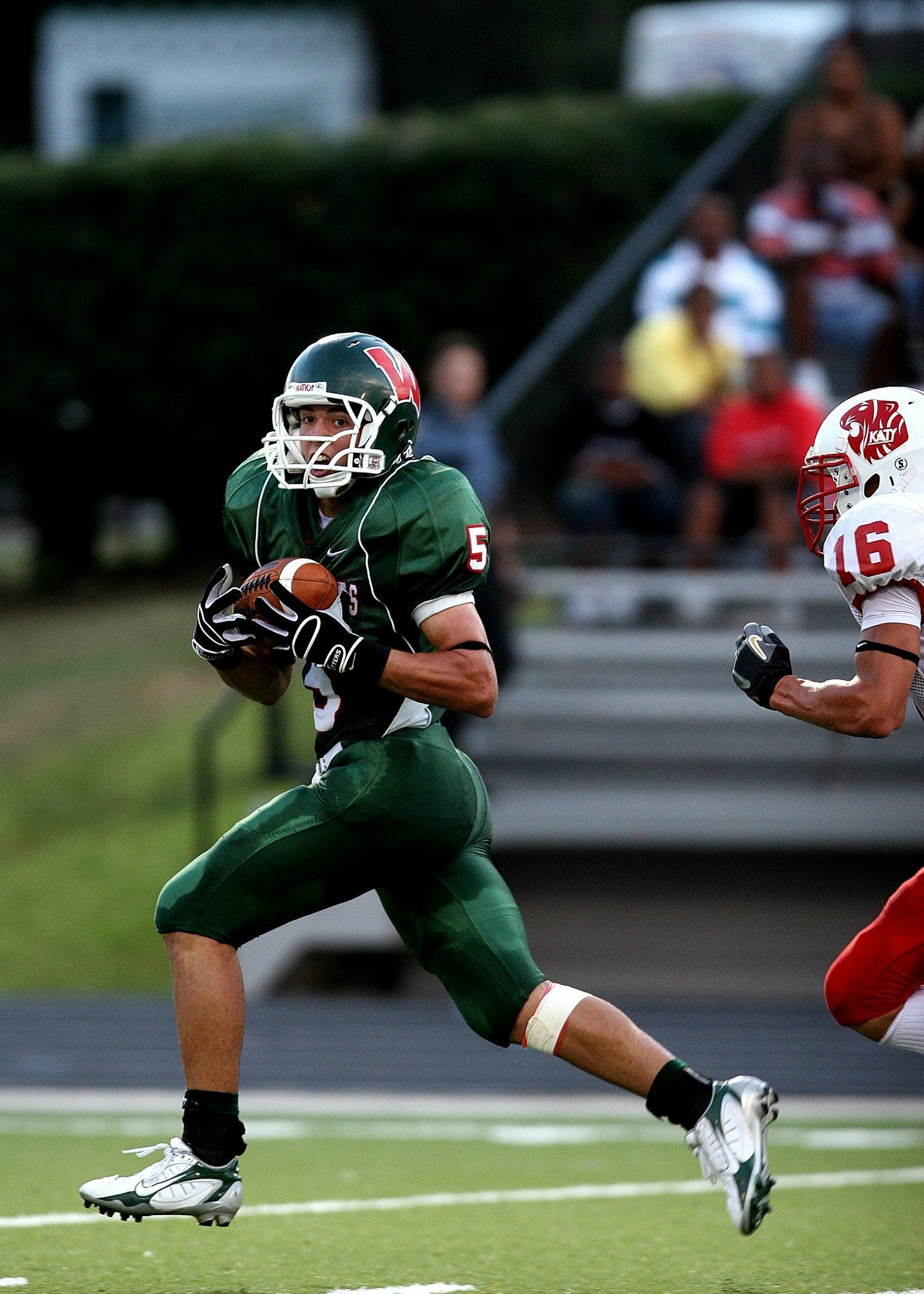By: Becky Meline LIMHP LISW IADC
When I meet with teams to discuss mental barriers; many appear confused at first until we start talking; then, almost all can relate in some way. Whether it is a recurring issue; or one that they experienced and were able to move past, it becomes clear that mental blocks are very common with athletes. A mental block in sports is a psychological obstacle that prevents athletes from performing at their peak level, or prevents them from performing a specific skill. These blocks are very common; yet not always recognized. I’m going to outline some of the most common signs to look for in athletes that indicates they have a mental block to work through.
1. Inconsistency in Perfor mance
Inconsistency in play is when an athlete cycles between playing really well, and then really poorly. Don’t get me wrong, every athlete has a bad game here and there, but when their performance feels like a roller coaster for what you will get on a given night; this would constitute as inconsistency. This inconsistency has been shown by research to be caused by psychological, not physical factors, and can be extremely frustrating for athletes.
2. Playing Timid and Scared to Make Mistakes
One of the biggest mental barriers for athletes is overcoming their fear of failure; and fear of failure comes from setting high, and sometimes unrealistic, expectations for themselves in competition. I commonly hear from athletes that they feel if they don’t play their best, the team will lose. Playing with this type of pressure rarely, if ever causes athletes to play better, unless they have a strong mental game.
3. You Practice Better than you Perform in Games
When athletes practice well and compete poorly, it’s a surefire way to know that they have a mental block. Athletes tend to play more relaxed at practice because they aren’t focused on a particular outcome or goal like they would be in games or performances. When athletes play relaxed they perform at their best; but when game time comes they are likely focusing on an outcome such as needing to win the game, or on getting a certain statistic.
4. Avoidance of Practice or Games
I’ve talked at length about perfectionism in athletes as being a major mental barrier; and when I hear that an athlete wants to quit a sport or avoid certain games and practices, it usually means some perfectionism is surfacing. Anxiety in sports is common; it presents itself as pre-game jitters, or nervousness before a game. When the anxiety causes extreme distress, however, our mind naturally tries to avoid the task. The more we avoid doing something; the bigger and scarier it becomes in our mind, which in turn causes more avoidance. The psychology behind the avoidance could be that they had a bad experience in the game or with a certain team; or that they fear embarrassment, not living up to standards, or don’t want to make mistakes. It becomes easier to avoid trying, than it is to face these fears.
5. Overly Emotional or Easily Frustrated
Sometimes referred to as “hot heads” these athletes get angry and frustrated at themselves for any mistake they make. Often times they are demanding perfection of themselves in their play and there is no wiggle room for anything less. Even minor mistakes become catastrophic in their minds. These athletes struggle to move past their mistakes and play in the present moment.
What helps?
Mental barriers are common and every athlete has encountered some; so what helps overcome them?
Focus on Having Fun
Most athletes start playing their sport because they have fun and enjoy it; but when you start feeling extreme pressure to perform a certain way, it becomes less like a sport, and more like a job. Athletes perform at their best when they are relaxed; and when focused on having fun, it tends to allow the players to compete in a more relaxed frame of mind. Many times athletes tell me that they prefer to play basketball in their driveway rather than in their game; and it comes down to having fun for them. Don’t mistake having fun with goofing off, but getting back to playing with no expectations for an outcome with a positive attitude will go a long way.
Make Practice More Game-like
Dr. Cohn, owner of Peak Performance Sports, talks a lot about the different mindsets between practice and games. During practice, the focus is on sharpening technique and skill, but by the time you get to a game, you trust in these skills and try not to overthink technique. Try practicing both of these mindsets in practice to better prepare you for games.
Mindfulness and Breathing
Mindfulness is the new age skill taking over the competition world. Research shows how it helps athletes increase focus, confidence and consistency in their performance. For athletes that struggle to let go of mistakes, become overly emotional, and have issues with consistency, this is the skill for you. Mindfulness trains your brain to play in the present moment; and when done consistently this mental skill improves as practice does with physical skills.
See a Professional
If you are experiencing a mental block that has been present for a while and not seeing much change; it is probably not going away without some more intense intervention. Unfortunately; many times athletes quit their sport because they get so frustrated with their struggling performance and lack of enjoyment. Seeing a professional can help establish an individualized plan to overcome their specific barrier and gain skills to have more control over their performance.
Becky began her journey into this profession at the University of South Dakota as a student-athlete where she received her bachelor’s degree in psychology and played volleyball for the Coyotes. She was a four year starter and held the universities career kill record for 11 years. She was Conference Player of the Year her senior year and awarded Female Athlete of the Year for USD in 2004. For the past 9 years she has practiced therapy with adults, and specialized in the treatment of adolescents and children. She moved into a dual role 4 years ago as a clinician and a Clinical Supervisor overseeing a community mental health clinic in Iowa; and has a private practice Focus Therapy in Omaha, NE. For more information on Becky and the services she provides you can visit Facebook @focustherapyomaha or visit the website at focustherapyomaha.com
The post 5 Signs of a Mental Block in Athletes appeared first on Focus Therapy.











